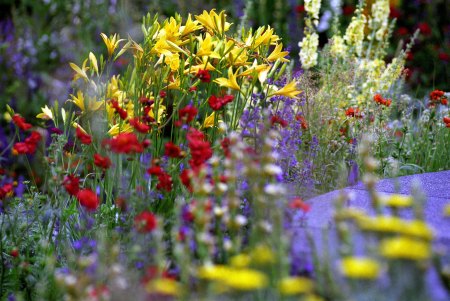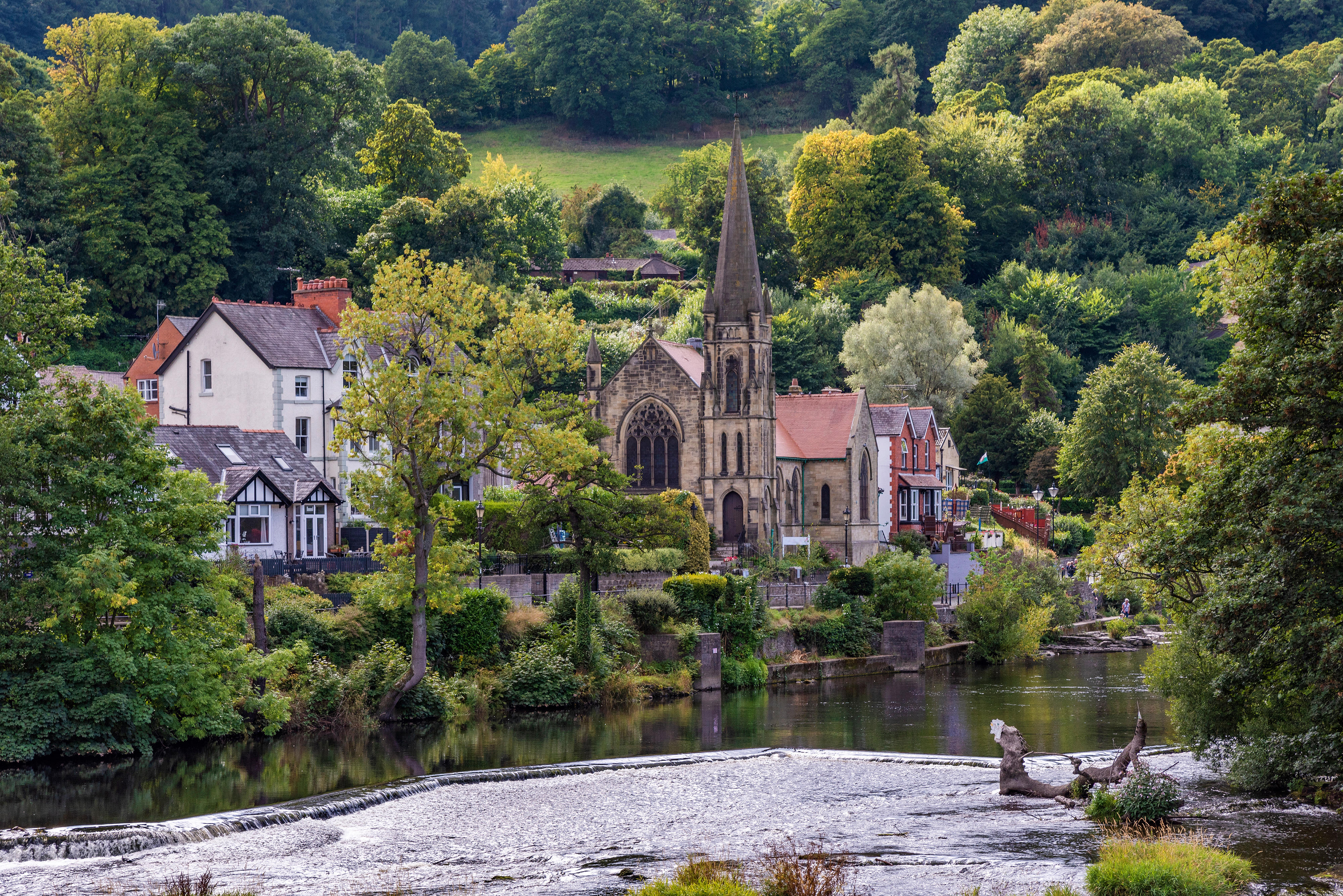What to do in the garden this week September 2
This week’s a good time to take semi-ripe cuttings


Behind the name Magnolia campbellii is a scrape that wouldn't be out of place in a ‘Flashman' novel. In 1847, Joseph Hooker, a 30-year-old botanist, was exploring the eastern Himalayas with Archibald Campbell, our man in those far-flung parts. In a violent ambush, they were captured by the local ruler, the Dewan of Sikkim.
He hoped to do some bargaining with the British, and felt that he had two assets in the son of Sir William Hooker, Director of the Royal Botanic Gardens, Kew, and Campbell, Her Majesty's agent. Unfortunately for him, our government felt that same way about his hostages and sent in the army.
Principle apart, there was a good political reason for saving young Joseph. In 1841, his father had taken on 11 acres of somewhat rag-tag gardens and swiftly multiplied their area 30-fold. He had also given the gardens a purpose, as the great clearing house of the Empire's plant resources and an engine of the British economy. Under his direction, Kew was opened to the public. The Palm House began to materialise, as did the Museum of Economic Botany.
The soldiers who went to Joseph's rescue also had a personal reason for feeling protective of the Hookers: without Sir William's plant-collecting and experimentation, they would have been bereft of quinine and thus been martyrs to malaria.
For Joseph, this was the latest in a series of escapades in India, the Antarctic, Tasmania, and South America-travels that transformed our understanding of the world's flora, materially assisted medicine, manufacturing and the prosperity of the Empire, paved the way for the Darwinian revolution, and stocked our gardens with magnificent new plants.
Facing the Dewan of Sikkim was also excellent training for the day when Joseph succeeded his father as Kew's Director, a post he held for 20 years after Sir William's death in 1865. During this period, he took on intransigent civil servants, idle politicians and outraged clergymen (he was an avid supporter of his friend Charles Darwin), not resting until he had made Kew the world's greatest biological institution.
In his spare minutes, he served as President of the Royal Society, explored North Africa and the western USA, edited the Botanical Magazine, wrote several million words' worth of British and foreign floras, and reclassified the entire Plant Kingdom. Sir Joseph was still hard at work when he died in 1911, his 94th year.
Sign up for the Country Life Newsletter
Exquisite houses, the beauty of Nature, and how to get the most from your life, straight to your inbox.
As a result of Hooker's early Himalayan expeditions, British gardens began to fill with spectacular new rhododendrons. We have been slower on the uptake with what, for my money, was his greatest coup, Magnolia campbellii, named for his fellow hostage. Ultimately the size of a respectable oak and smothered in spring in white or crimson, 1ft-wide flowers, it is the most flamboyant tree hardy in Great Britain. But only in the past few decades has it and its offspring begun to make their massive presence felt outside the sheltered South-West and the estates of the horticultural cognoscenti.
In smarter parts of central London, they are now even being used as street trees, and doing the job extremely well. Meanwhile, in the horticultural Valhalla, their belated triumph must be producing a wry smile amid the dense white whiskers of a normally formidable face. ‘I told you so,' chuckles the shade of Sir Joseph. ‘I knew one day my Darjeeling treasure would be everyone's cup of tea.'
The magnolia is as good a memorial as any to this botanical titan, and to his equally lofty father. This summer, however, a Blue Plaque has at last appeared on 49, Kew Green, their home and which has been the official residence and workplace of Kew's directors ever since. Although they richly deserve this honour, the Hookers are not the only embodiments of the pivotal role that gardens have played in our national life.
Other plaques are needed. Let's make a list and send it to English Heritage. Glorifying gardeners, designers, plant-hunters and botanists has to make more sense than trying to treat derelict council estates as if they were national treasures. Plants are our heritage, and cheap at the price.
* Gardening calendar: See more September jobs, tips and tasks
Country Life is unlike any other magazine: the only glossy weekly on the newsstand and the only magazine that has been guest-edited by HRH The King not once, but twice. It is a celebration of modern rural life and all its diverse joys and pleasures — that was first published in Queen Victoria's Diamond Jubilee year. Our eclectic mixture of witty and informative content — from the most up-to-date property news and commentary and a coveted glimpse inside some of the UK's best houses and gardens, to gardening, the arts and interior design, written by experts in their field — still cannot be found in print or online, anywhere else.
-
 About time: The fastest and slowest moving housing markets revealed
About time: The fastest and slowest moving housing markets revealedNew research by Zoopla has shown where it's easy to sell and where it will take quite a while to find a buyer.
By Annabel Dixon
-
 Betty is the first dog to scale all of Scotland’s hundreds of mountains and hills
Betty is the first dog to scale all of Scotland’s hundreds of mountains and hillsFewer than 100 people have ever completed Betty's ‘full house’ of Scottish summits — and she was fuelled by more than 800 hard boiled eggs.
By Annunciata Elwes